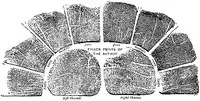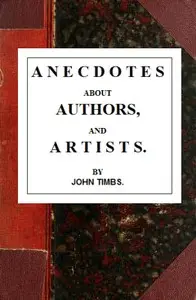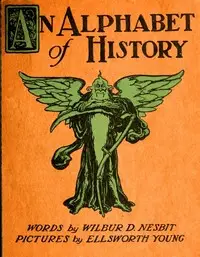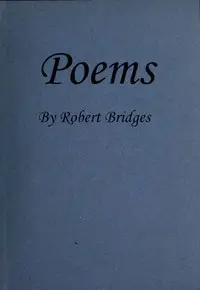"Venus and Adonis" by William Shakespeare is a narrative poem written during the late 16th century, specifically in the Elizabethan era. The poem is a classic example of Shakespeare's early work, blending themes of love and desire with elements of mythology. It primarily revolves around the relationship between Venus, the goddess of love, and Adonis, a strikingly handsome youth, exploring the tensions between attraction and rejection. The poem unfolds as Venus passionately pursues Adonis, who is more interested in hunting than in romantic entanglements. Venus employs various seductive strategies to win him over, but Adonis remains coy and uninterested. As the narrative progresses, Venus warns him about the perils of hunting a fierce boar. Ignoring her pleas, Adonis goes out to hunt, leading to his tragic demise. Heartbroken and grief-stricken, Venus laments his death and transforms his blood into a flower, symbolizing both love's beauty and its inherent pain. The poem is rich in imagery and emotion, offering a profound look at love's complexities, desire, and the inevitability of loss. (This is an automatically generated summary.)

Venus and Adonis
By William Shakespeare
"Venus and Adonis" by William Shakespeare is a narrative poem written during the late 16th century, specifically in the Elizabethan era. The poem is a...
William Shakespeare was an English playwright, poet and actor. He is widely regarded as the greatest writer in the English language and the world's pre-eminent dramatist. He is often called England's national poet and the "Bard of Avon". His extant works, including collaborations, consist of some 39 plays, 154 sonnets, three long narrative poems and a few other verses, some of uncertain authorship. His plays have been translated into every major living language and are performed more often than those of any other playwright. Shakespeare remains arguably the most influential writer in the English language, and his works continue to be studied and reinterpreted.


















